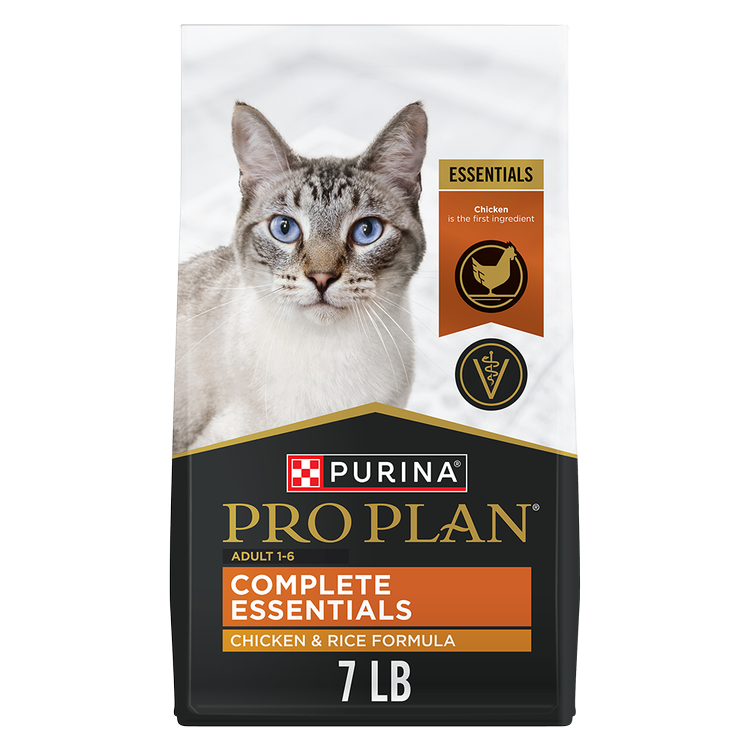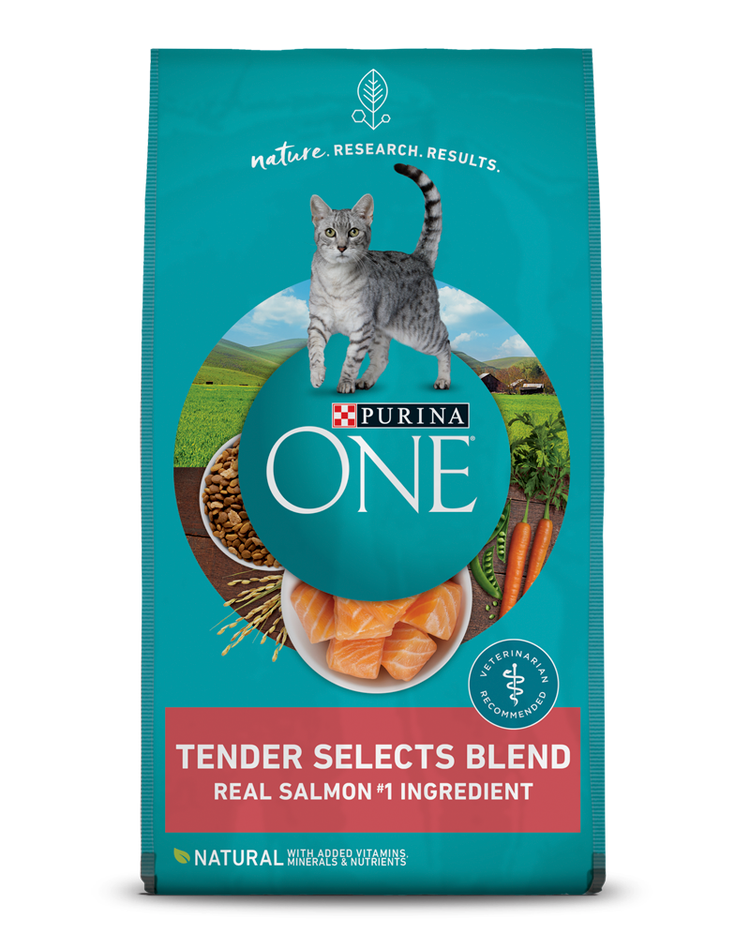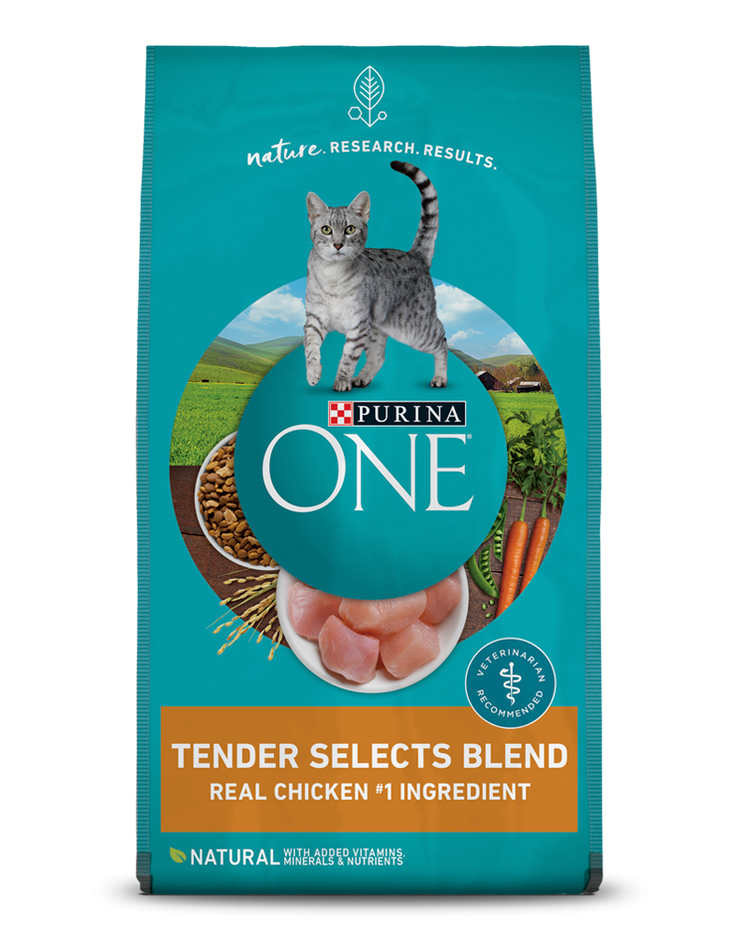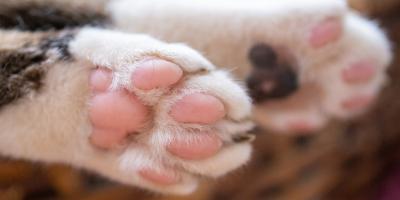Cat Digestive System: How Long Does it Take a Cat to Digest Food?


One of the easiest ways to ensure our cats live the happy, healthy lives they deserve is to ensure they eat proper nutrition. But that’s just the beginning. Once your cat consumes a bowl of food, there’s a lot happening within their bodies to ensure that food is easily digested – and that nutrients are absorbed along with it. Whether you use digestive supplements for cats or have cats with sensitive stomach issues, there are many things you can do as a pet parent to proactively care for their digestive health.
With this article, you’ll gain a deeper understanding of the cat digestive system and microbiome and find answers to questions like, “How long does it take a cat to digest food?” or whether stress has an effect on the digestive system of a cat.
What Are the Functions of a Cat’s Digestive System?
We’ll start with an overview of how a cat’s digestive system works. There are three primary functions that work every second of your cat’s day.
- Digest food
It may be obvious, but the primary function of the cat digestive system is to digest food. It’s our role as pet owners to ensure the food they’re eating is highly digestible and nutritious so that they get the nutrients they need. - Absorb nutrients
When food is ingested, it eventually reaches a phase of the cat digestive tract where nutrients are absorbed into the bloodstream. Prioritizing a healthy nutrient-dense diet is key in making nutrient absorption most effective for our cats. - Eliminate waste
The last function is waste elimination, which is important because when it comes to cats’ digestive health, their waste is an element we can actually see. It can give us clues as to how healthy they are or aren’t. Monitoring and inspecting their poop is a great way to be proactive about monitoring their health and avoiding cat digestive issues.
How Does a Cat’s Digestive System and Microbiome work?
Your cat’s digestive system works around the clock. Cat digestion time starts with their mouth and ends with their large intestine. However, your cat’s microbiome is defined differently. Their microbiome is made up of trillions of microbes. From bacteria to fungi to viruses and genes, they all live inside your cat. Keeping that world of microbes healthy can have positive effects on both their digestive system and overall health.
Mouth & Teeth
Cats use their mouths and teeth to chew food and deconstruct it into smaller pieces. Unlike humans, cats (as well as dogs) don’t have the salivary enzyme amylase to break down starches, so the mouth and teeth help get the work started here.
Stomach
The food travels down the esophagus into the stomach where the process of breaking down food continues. While their stomachs are relatively small, they are highly acidic which assists in breaking down the food.
Small Intestine
Once food reaches the small intestine, a number of enzymes go to work breaking down the food. Nutrients are also absorbed through the intestinal wall at this stage.
Large Intestine
At this stage, the matter from the small intestine is essentially formed into feces. It then makes a final pass through the rectum and anus.
How Long Does it Take a Cat to Digest Food?
Although cats are smaller animals, it can take one to one-and-a-half days on average for their food to transverse their gastrointestinal tract. Many factors can affect how quickly they digest. If they swallow whole meat chunks, this can take longer to digest. That’s why cats’ teeth are so important in the digestive process. Their incisor teeth slice food, making it easier to work its way from their mouth to their stomach, and so on.
The digestive enzymes in your cat’s small intestine are also a key component that aids in healthy digestion. If you and your veterinarian find your cat is lacking these enzymes through a specific blood test, digestive enzymes for cats are available in supplement form. Consult your veterinarian to learn more.
How to Maintain Your Cat’s Digestive Health
Another way to care for your cat’s digestive system is by incorporating a prebiotic or probiotic cat food into their daily feeding routine. Whether that’s through food or supplements, probiotics and prebiotics can have a healthy impact on their gut.
Probiotics for Cats
Probiotics help good bacteria thrive in the intestines. They can decrease the pH in your cat’s gut which helps to balance bacteria and can positively affect their digestive health overall. Moreover, probiotics can even benefit cats’ immune health. Because much of the immune system is located in the digestive tract, there are many opportunities for healthy bacteria to interact with immune cells and promote immune health. A probiotic supplement for cats, like FortiFlora, is an easy addition to their daily diet.
Prebiotics for Cats
Prebiotics are also highly beneficial to cats but work differently than probiotics. Derived from specific fiber sources, prebiotics encourage the growth of good bacteria in your cat’s gut. They work to maintain a healthy balance of bacteria which, in turn, can provide better regulation of your cat’s digestive system.
Cat Digestion Facts
Is Meat Easy for Cats to Digest?
Cats are obligate carnivores that need amino acids from animal protein as a significant portion of their diet. Their bodies – specifically, their digestive system and metabolism – have evolved to thrive on a diet consisting of amino acids derived from animal proteins. Without these essential amino acids, health conditions could arise. Ensure your cat is getting the proper balance of protein and other essential nutrients, vitamins and minerals in their everyday diet.
Can Cats Digest Bones?
Feeding bones to your cat can be risky, and it’s best to avoid it at all costs. While cats’ digestive tracts are built to break down food, bones are materials that can increase digestion time. They’re simply not easy to digest. Additionally, should a bone get lodged in your cat’s GI tract, it can be very costly to treat – even resulting in surgery to remove the blockage in serious cases.
Can Stress Affect a Cat’s Digestive System?
Yes, stress can have an impact on your cat’s digestion and overall health and well-being. Stressful situations could cause a lack of appetite, dehydration or diarrhea. If your cat experiences these symptoms, consider their current environment. Change can be challenging for cats, so if you’re going through a move or have introduced new people, pets, places or things to your cat in recent days, that could be a source of stress to address. As always, consult your veterinarian who may have natural remedies for cat digestion and ways to help alleviate their stress.
What to Do if Your Cat is Having Digestion Issues
If you suspect your cat might be experiencing digestive stress, there are signs to look for that include diarrhea, loss of appetite and other symptoms. While these signs could be serious, it can be difficult to pinpoint the source of the issue on your own. Consult your veterinarian right away to avoid further pain or distress to your cat. They might consider prescribing a food for cats with sensitive stomachs, a diet specifically designed for cats with GI issues or digestive enzymes for cats as a proactive measure.
For more expert tips for the health of your cat, explore our other cat health articles.
Related articles

Be Rewarded for Your Purina Purchases
Earn and redeem points for Purina products with myPurina app.






